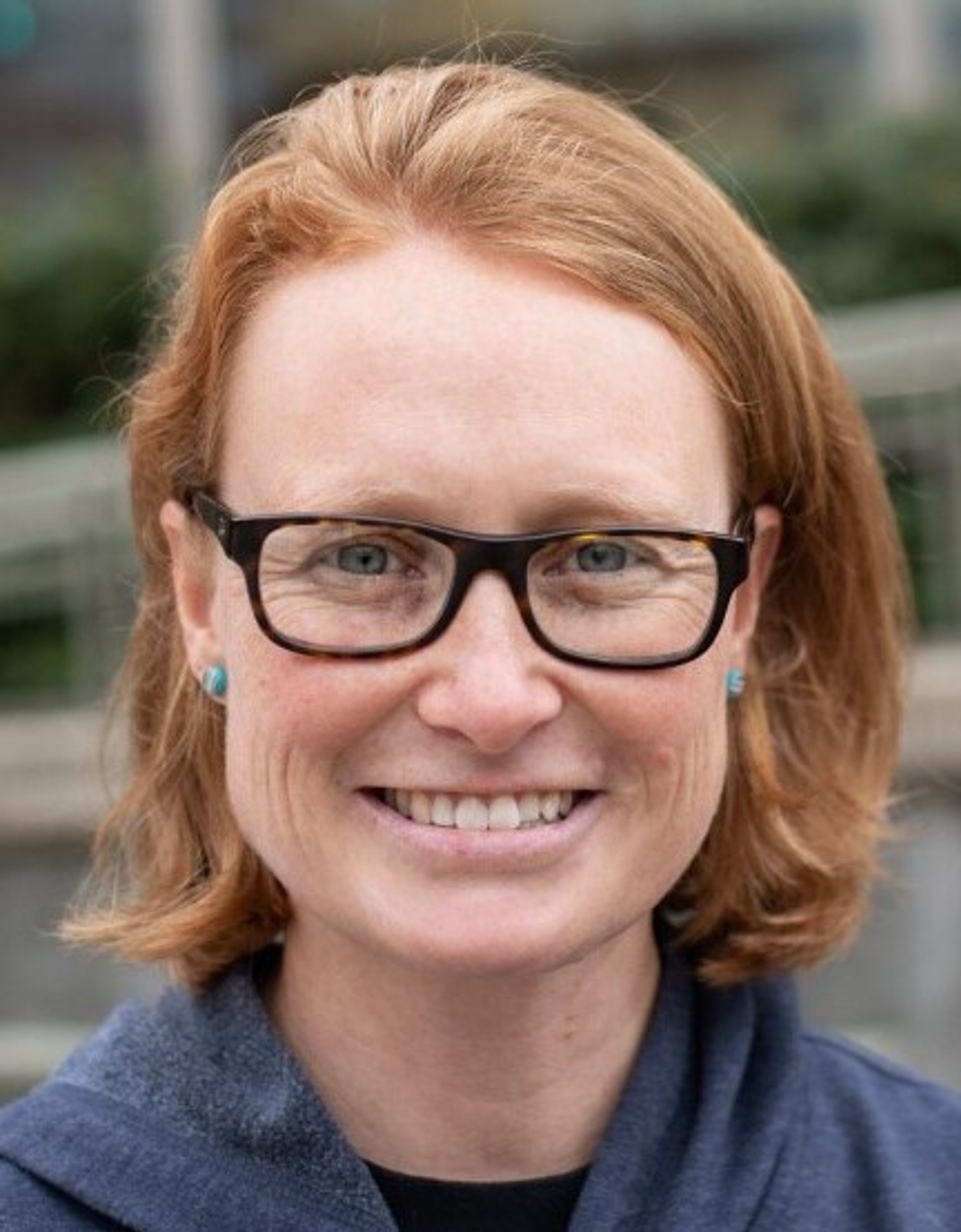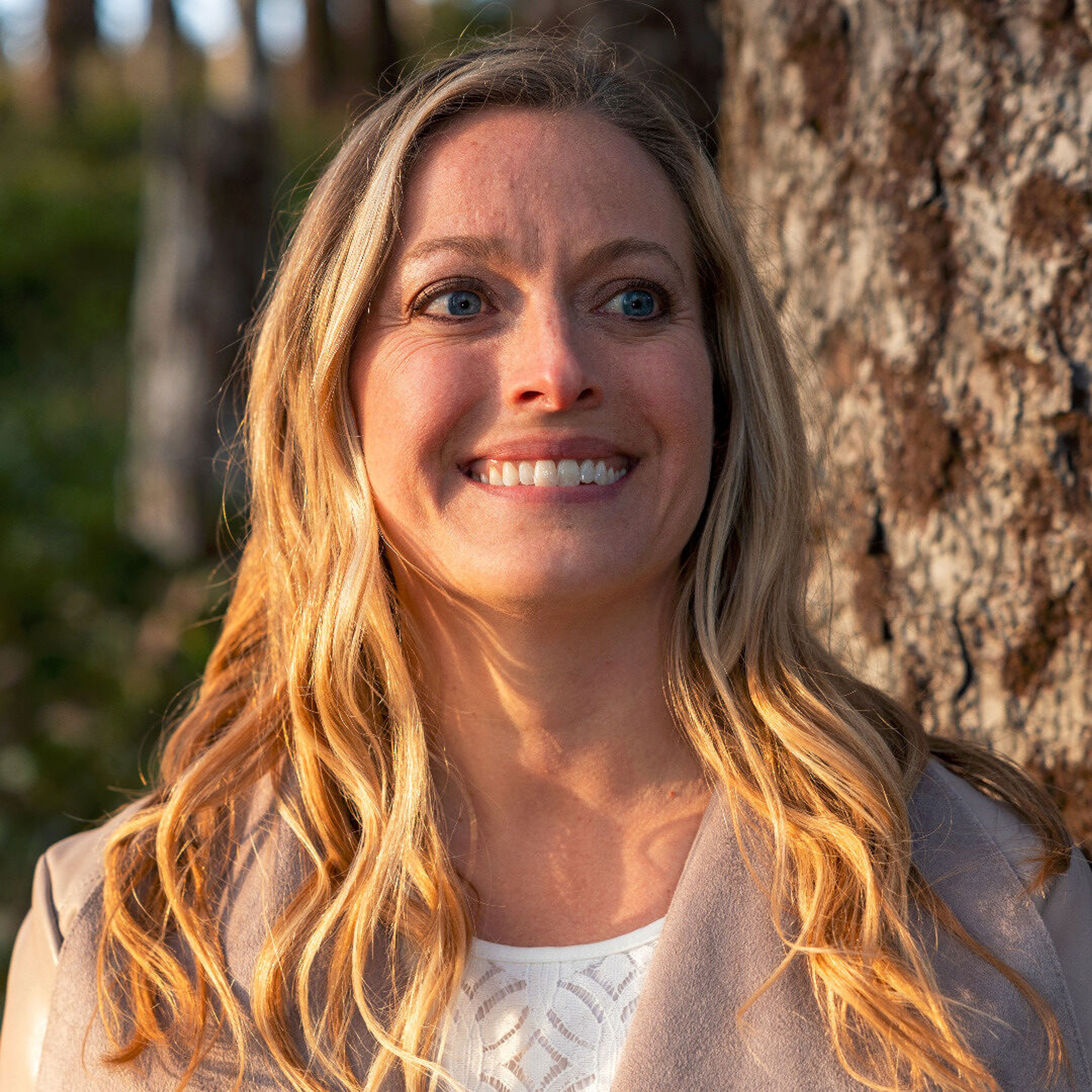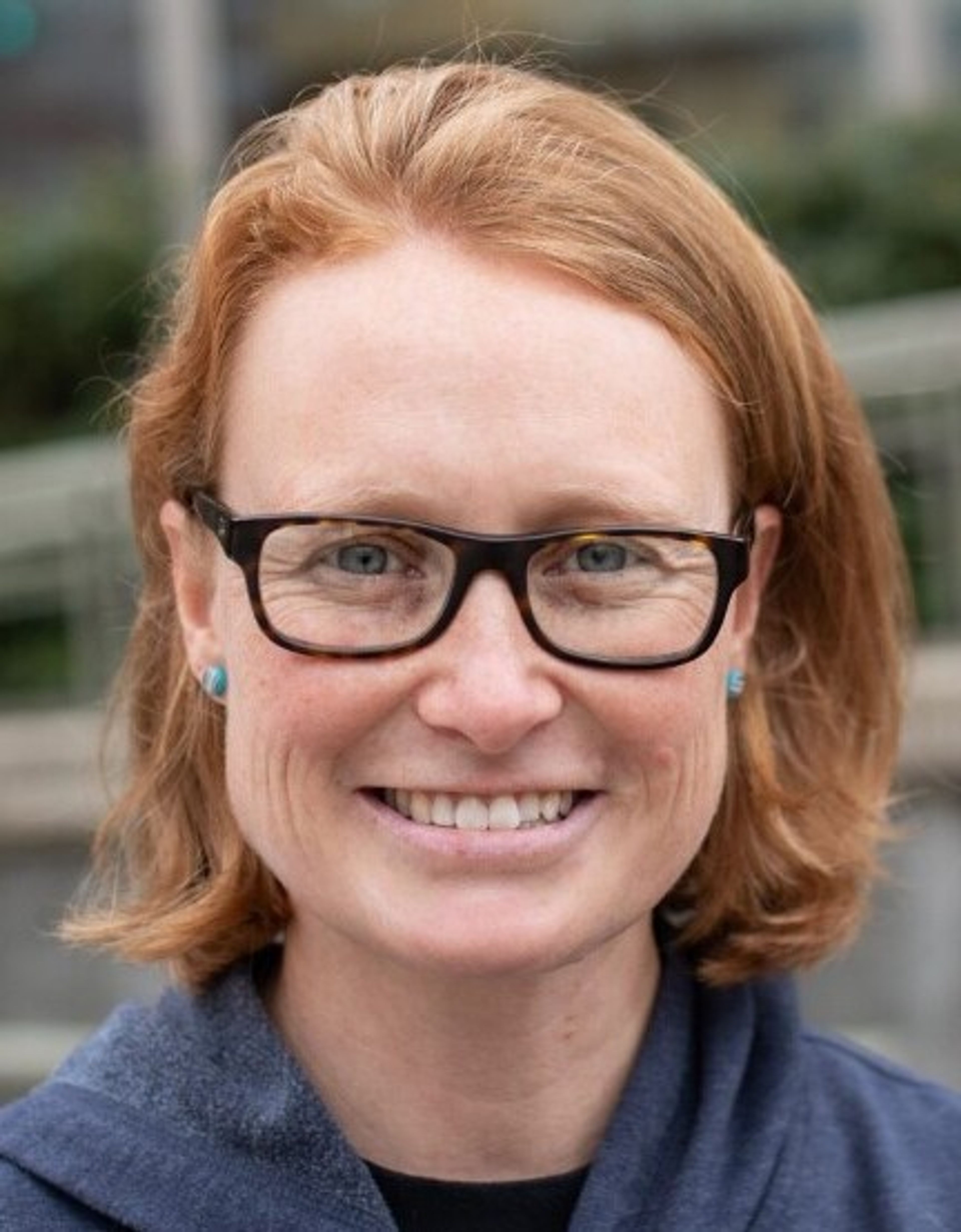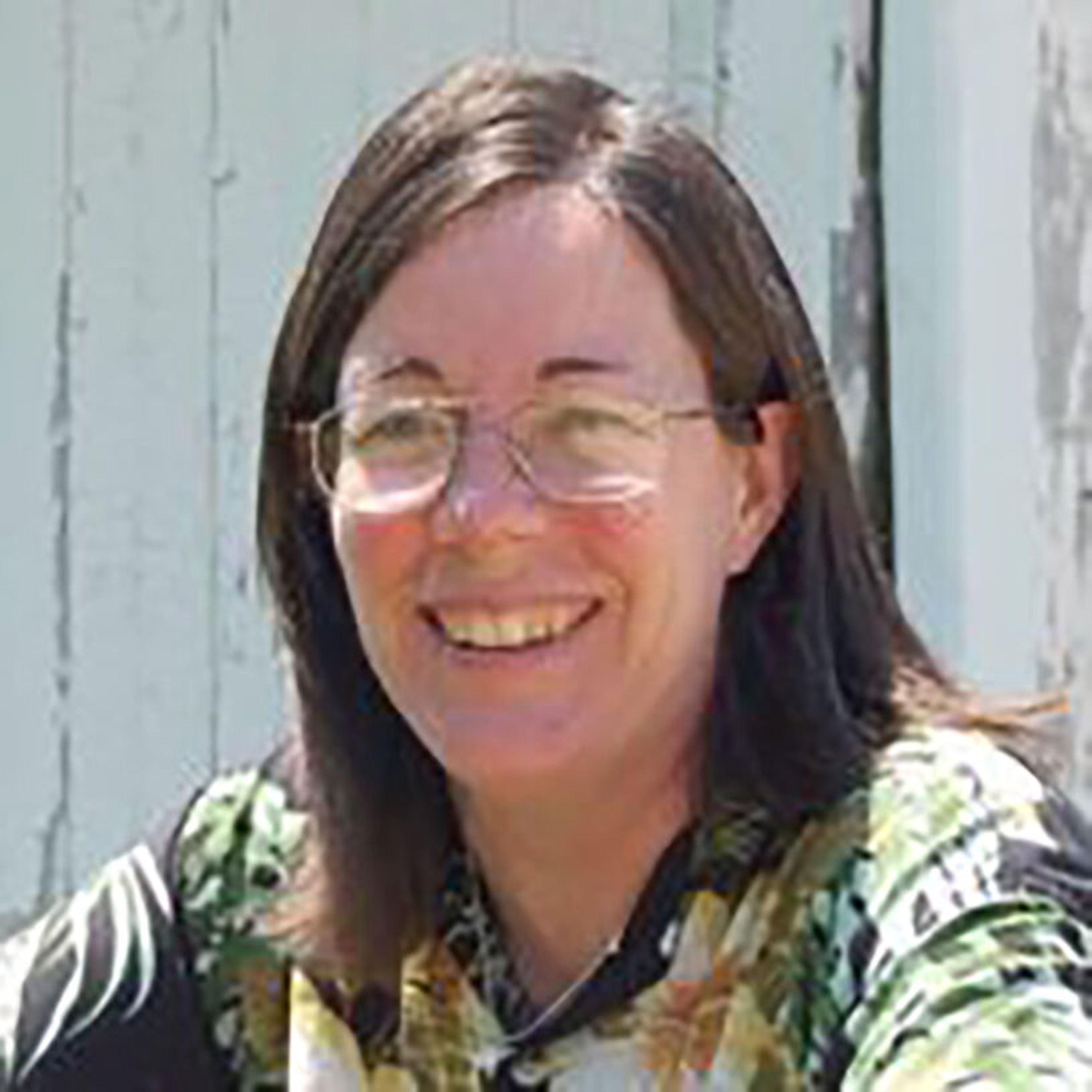Now more than ever, stand firm against forces that could divide us
Faith Matters by Tracy Simmons
Faith Matters is a partnership with FaVS News (online at favs.news) providing readers a regular column about faith and its intersection with culture and our communities.
I’m estranged from most of my immediate family, though occasionally I get a ping from someone back home.
This latest message was especially hurtful, although it wasn’t intended to be.
This person sent me screenshots of things some family members had said about me. And while I think this messenger was trying to reconnect, sharing gossip wasn’t the right approach.
The texts they showed me centered around my sexuality. By being openly gay I was “ruining the family name” and by being married to another woman I was “flaunting” my queerness. The texts claimed that no one else in my family was gay and they “just don’t get where this was coming from.”
Before the hurt set it, I got defensive.
Family name? I’m the only Simmons. Only gay in the family? I doubt it!
I felt myself wanting to point fingers back and name the wrongs I knew about everyone back home: addictions, arrests, divorces.
I took a breath and realized responding reactively wouldn’t solve anything.
The person texting me was trying to tell me she stood by me, that she had my back. So I thanked her, and ended the conversation.
But our brief exchange left me pained.
Homophobia hurts.
My aunts, cousins and parents had become strangers to me after years without contact. Yet their prejudices still seemed to hold power over me.
This exchange happened just days before Martin Luther King Jr. Day.
The sting of their words reminded me of what the reverend famously said, “Injustice anywhere is a threat to justice everywhere.” While he spoke primarily of racial discrimination, his message rings true for all forms of prejudices that divide us.
I think about how Rev. King faced rejection from those who should have embraced his message of love and equality. He chose to respond not with bitterness, but with unwavering hope for a better future. He inspires me to try and do the same.
I worry that we may have to turn to Rev. King’s example a lot in the coming months and years. I know I’m not alone in my concerns that hate and discrimination will likely increase. During Donald Trump’s last administration, hate crimes surged by 20%, according to an FBI report.
The path to acceptance isn’t always straight or simple, and there might be some obstacles ahead. I know that some of my family members may never understand or accept who I am. But Dr. King marched for justice — specifically, the fundamental right of all people to live with dignity and authenticity, regardless of whether others understood or approved.
He dreamed of a world where people would be judged by the content of their character. That dream lives on whenever we choose love over fear, understanding over judgment and acceptance over prejudice.
Now more than ever we need to stand firm against any forces that could divide us based on our differences, whether it’s racism, homophobia or religious intolerance.
These personal battles we face — whether with family members who reject us or with broader societal prejudices — are part of a larger struggle for human dignity. While my family’s texts about “ruining the family name” cut deep, they also remind me why speaking up matters. Every time someone lives openly and without apology, it creates space for others to do the same.
Perhaps somewhere, a young person in our extended family will feel less alone knowing they have a gay relative who built a happy, honest life. Sometimes the most powerful response to prejudice is simply staying true to ourselves.
The path forward is about building bridges where we can and creating resilient communities that celebrate our full identities. Rev. King’s vision is a reminder that progress often begins in small moments — in finding strength in unexpected places and in recognizing that our individual struggles for acceptance are part of the ongoing work of building a more just world.
Simmons is an award-winning journalist specializing in religion reporting and media entrepreneurship. She serves as the executive director of faves.news and is a scholarly assistant professor at Washington State University’s Murrow College.





